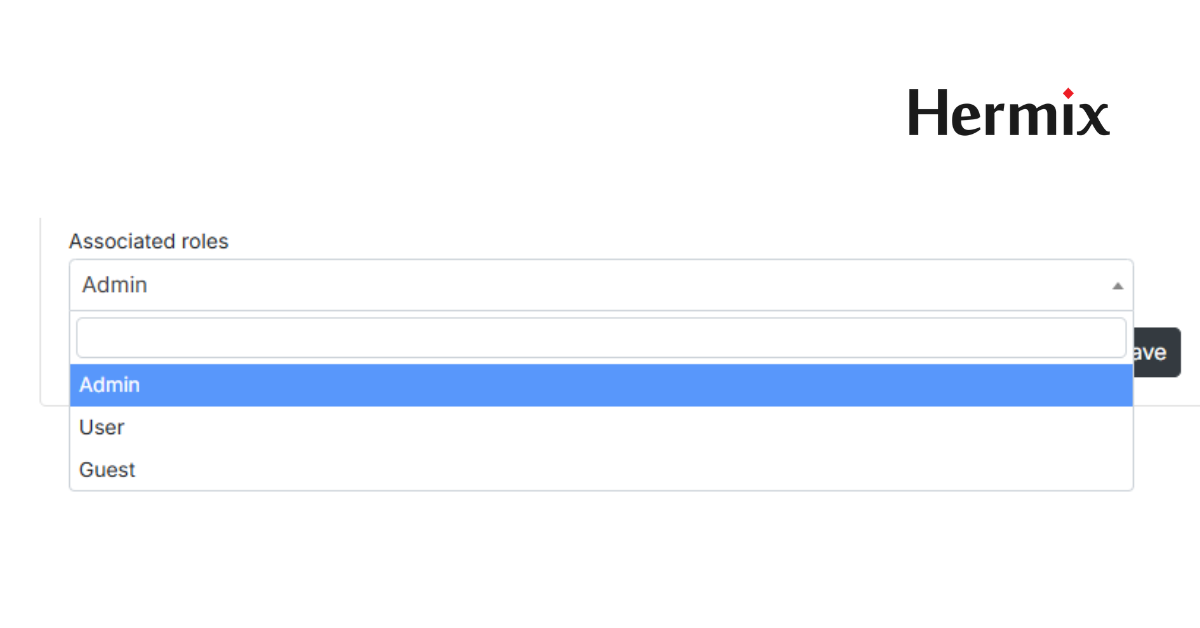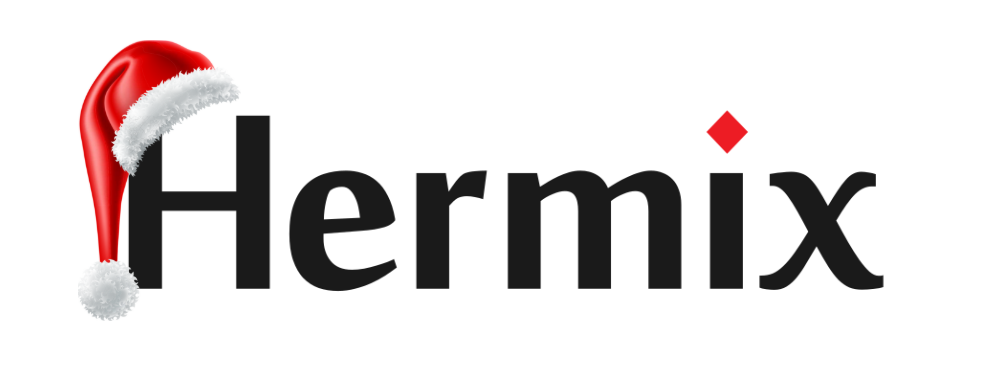
Hermix offers different user roles depending on how you use the platform and what level of control you need inside your organization.
Knowing the difference between Guest, User, and Admin helps you manage access efficiently and make the most of Hermix’s analytics and collaboration features.
Guest user
Guest users have access to the main features, searches, alerts, and tender monitoring, but with a few quantitative limits.
Guest users can:
- Perform searches and monitor tenders
- Create up to 4 active email alerts.
- Access 1 advanced market intelligence report per month (e.g., market analytics, company or authority profiles, AI tender summarization, or commercial analyses).
- Perform 1 Excel export per month.
- Flag and assign up to 4 new opportunities per month.
Limitations:
- No access to User and Admin settings.
- Cannot create, edit, or delete users.
User
Users are full-access users in enterprise accounts. They can use Hermix without limits, but cannot manage organization settings.
Users can:
- Perform searches, reports, exports, and opportunity management.
- Collaborate with colleagues inside their organization.
- Access all AI analytics and market intelligence.
Limitations:
- Cannot create, edit, or delete users.
- Cannot configure organization-wide settings (e.g., flag colors or labels).
Admin user
Admins have full access to both platform features and organization management. They can control users, permissions, and customization settings.
Owner users can:
- Do everything a User can.
- Can create, edit, or delete users.
- Customize Hermix for the entire organization (e.g., define flag colors, labels, or workflows).
Best practices
- Start as a Guest to explore the platform and set alerts.
- Upgrade to User when you need continuous access to analytics and exports.
- Assign at least one Admin in your organization to manage access and ensure settings consistency.
Examples of typical use
- Guest: Independent consultant monitoring specific tenders.
- User: Business developer managing daily bid activity.
- Admin: Department head overseeing team access and customization.
Ready to get started?
Create your free account now, or check our Frequently Asked Questions (FAQ) for more guidance on using keyword search.
